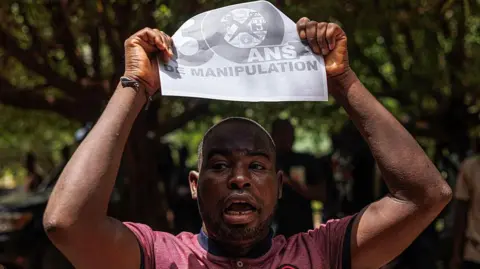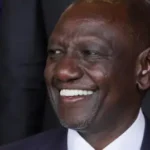From last week, Mali’s political landscape underwent a dramatic shift when the country’s military rulers dissolved all political parties, signaling a significant setback for democratic governance in the West African nation. This move has raised concerns among international observers, human rights organizations, and Mali’s citizens about the future of democracy and stability in the country.
Background of the Military Takeover
Mali has faced ongoing instability for over a decade, marked by a jihadist insurgency, political crises, and repeated coups. The most recent military intervention occurred in May 2021 when a group of soldiers ousted President Ibrahim Boubacar Keïta, citing corruption and governance failures. Since then, the military-led transitional government has promised to restore civilian rule, but progress has been slow and fraught with challenges.
Dissolution of Political Parties: A Move Toward Authoritarianism?
In August 2023, the military authorities announced the dissolution of all political parties, effectively banning opposition groups and independent political movements. The government justified this action by citing the need to combat corruption, restore order, and implement national unity. However, critics argue that this move is a clear step toward consolidating military power and suppressing dissent.
The decision was executed through a decree that declared all political organizations illegal, citing allegations of corruption, mismanagement, and links to foreign entities as grounds for dissolution. This move effectively silenced political voices and deprived citizens of their right to participate in representative politics.
Legal and International Reactions
Legal experts and international organizations have raised alarms over the legality and legitimacy of such actions. The African Union (AU) and the Economic Community of West African States (ECOWAS) have condemned the dissolution, emphasizing the importance of adhering to democratic principles and constitutional processes. ECOWAS, in particular, has threatened sanctions and called for the immediate reinstatement of political parties and the formation of an inclusive government.
The United Nations also voiced concern, urging Mali’s military rulers to respect human rights and political freedoms. Many analysts interpret the move as an attempt by the military to entrench control rather than foster genuine national reconciliation or democratic transition.
Implications for Mali’s Democracy and Stability
The dissolution of political parties undermines the foundations of democratic governance and risks plunging Mali further into instability. Without a functioning multi-party system, political pluralism and citizen participation are severely curtailed. This could lead to increased discontent, protests, or even violence, especially if citizens perceive the move as illegitimate or oppressive.
Furthermore, such authoritarian measures may deter international aid and support, which are crucial for Mali’s recovery from years of conflict and economic hardship. The international community’s response will significantly influence Mali’s political trajectory in the coming months.
Looking Ahead
Mali’s situation remains complex. While the military claims these measures are temporary and aimed at restoring order, history shows that such actions often lead to prolonged authoritarian rule. The path forward depends heavily on whether Mali’s military rulers will engage in meaningful dialogue with civilian actors, respect constitutional norms, and commit to a genuine transition to democratic governance.
In conclusion, the dissolution of political parties by Mali’s military rulers marks a concerning turn towards authoritarianism. As the country navigates this turbulent period, the resilience of its civil society and the international community’s stance will be crucial in shaping Mali’s future—either towards renewed democracy or deeper instability.
Email Us on editorial@nnafrica.com













